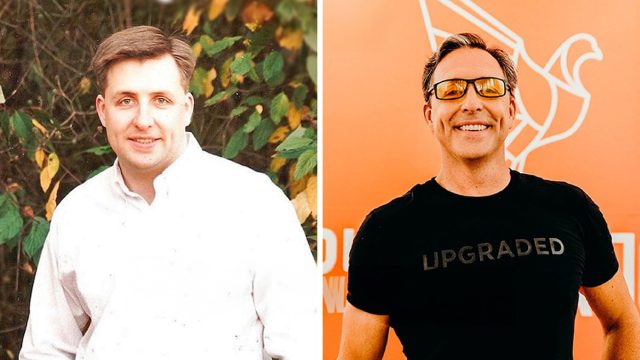10 Best Foods to Eat Before and After Fasting, According to Dave Asprey
Before you go on a fast – whether for religious reasons or to try and lose weight fast – you should always plan in terms of what you should eat before and after. Why? Before fasting, you want to give your body the nutrients it needs to sustain the fast. And, when breaking the fast, you want to ease your digestive system back into action. Here are the best foods to eat before and after fasting, according to Dave Asprey, health science entrepreneur, bestselling author, and the "Father of Biohacking."
Before Fasting: High-Quality Protein
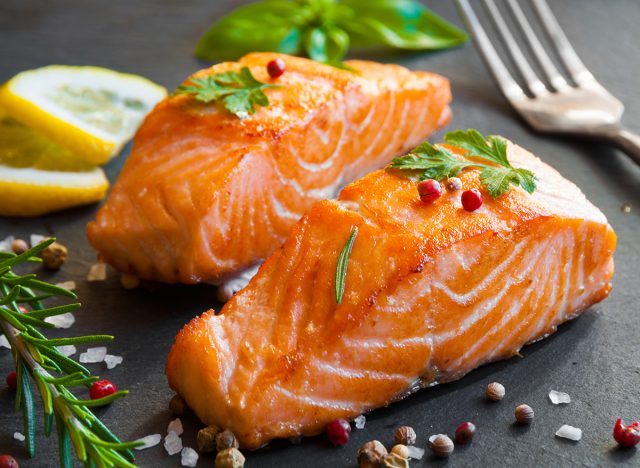
"Before a long period of fasting, you'll want to choose low-toxin and high-nutrient foods like the ones I recommend on The Bulletproof Diet," Asprey tells Body Network. This includes high-quality proteins like grass-fed meat.
Related: This Is How I Lost 100 Pounds in 4 Months
Low Toxin Veggies
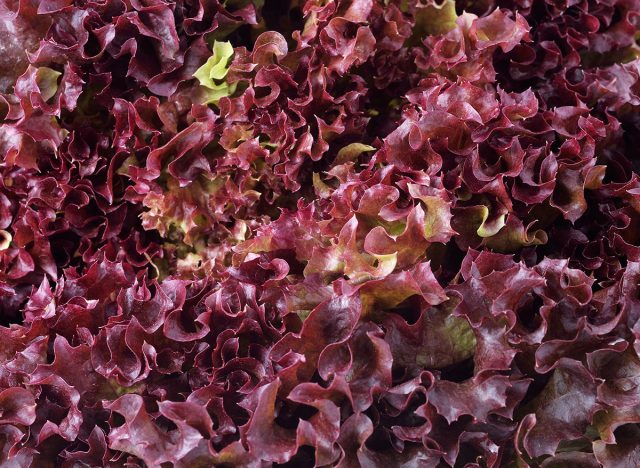
He also recommends "low toxin vegetables like arugula or red lettuce," he tells us.
Low-Toxin Starches and Carbs
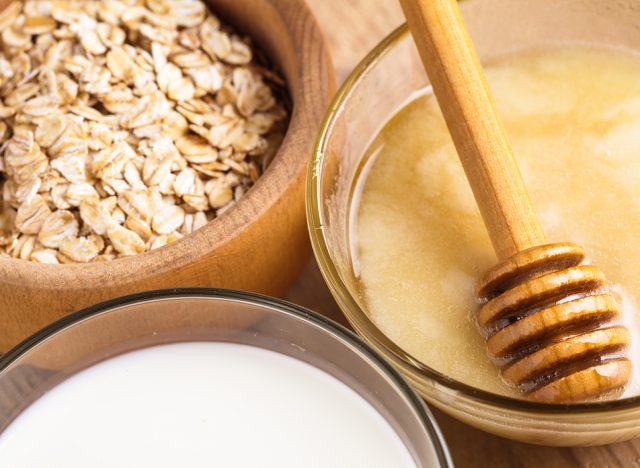
Next, he recommends preparing for your fast with low-toxin starches and carb sources such as white rice, raw honey, and fruit.
High-Quality Fats
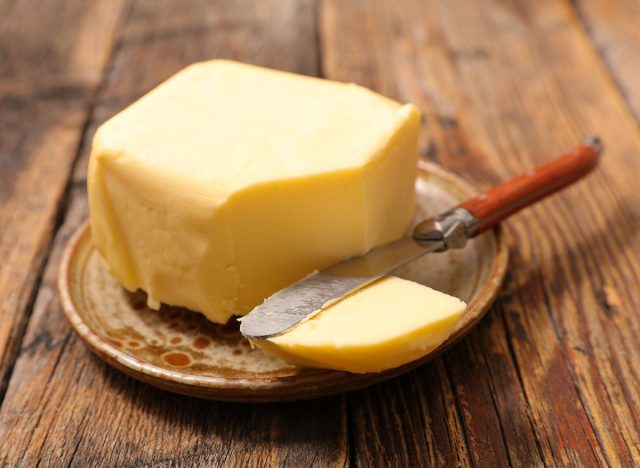
"You'll also want to include high-quality fats like C8 MCT oil and butter," he says.
An Example of a Great Pre-Fast Meal
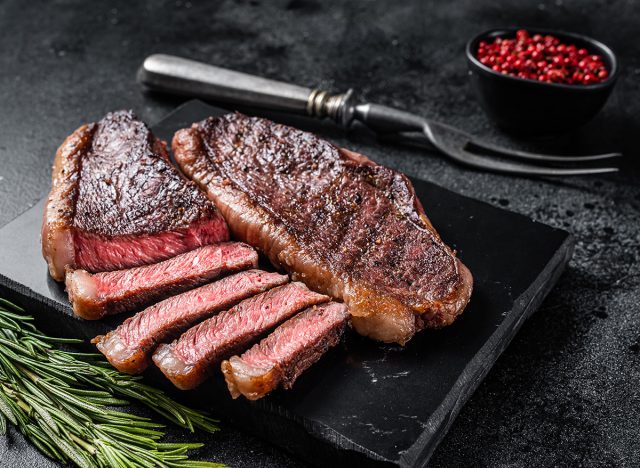
Asprey offers an "example meal," recommending a grass-fed steak (high-quality protein), a cup of blueberries, mango (high quality carbs), and steamed broccoli topped with ghee (low-toxin veggies and healthy fats)" he says.
Breaking Fast: Salt Water
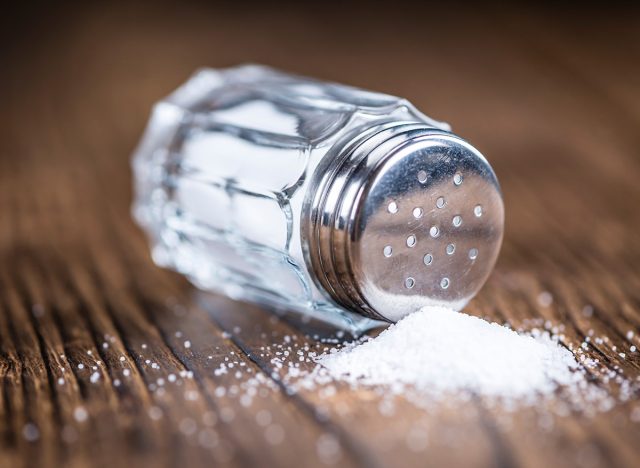
"When breaking a fast," Asprey recommends starting with water with added salt. "Water with salt helps hydrate your body," he says.
Remineralized Coffee
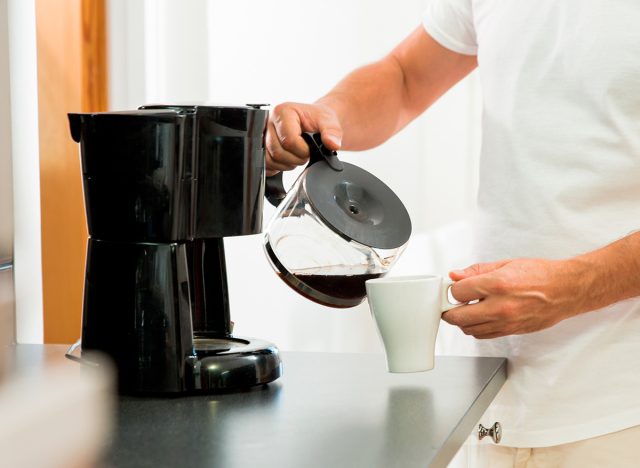
"Coffee, specifically remineralized coffee like Danger Coffee, also assists in replenishing your body with electrolytes that you have lost during a longer fast," says Asprey.
Low-Toxin, High Nutrient Food
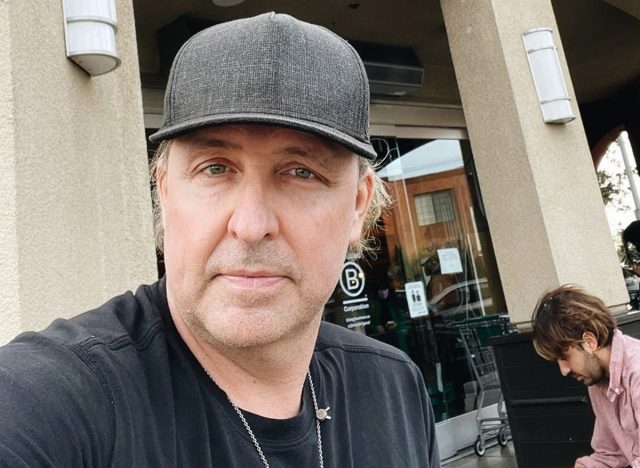
"Just as you'd want to choose low-toxin and high-nutrient foods before starting your fast, you'll also want to follow this guideline when breaking your fast," Asprey continues.
An Example of a Great Post-Fast Meal
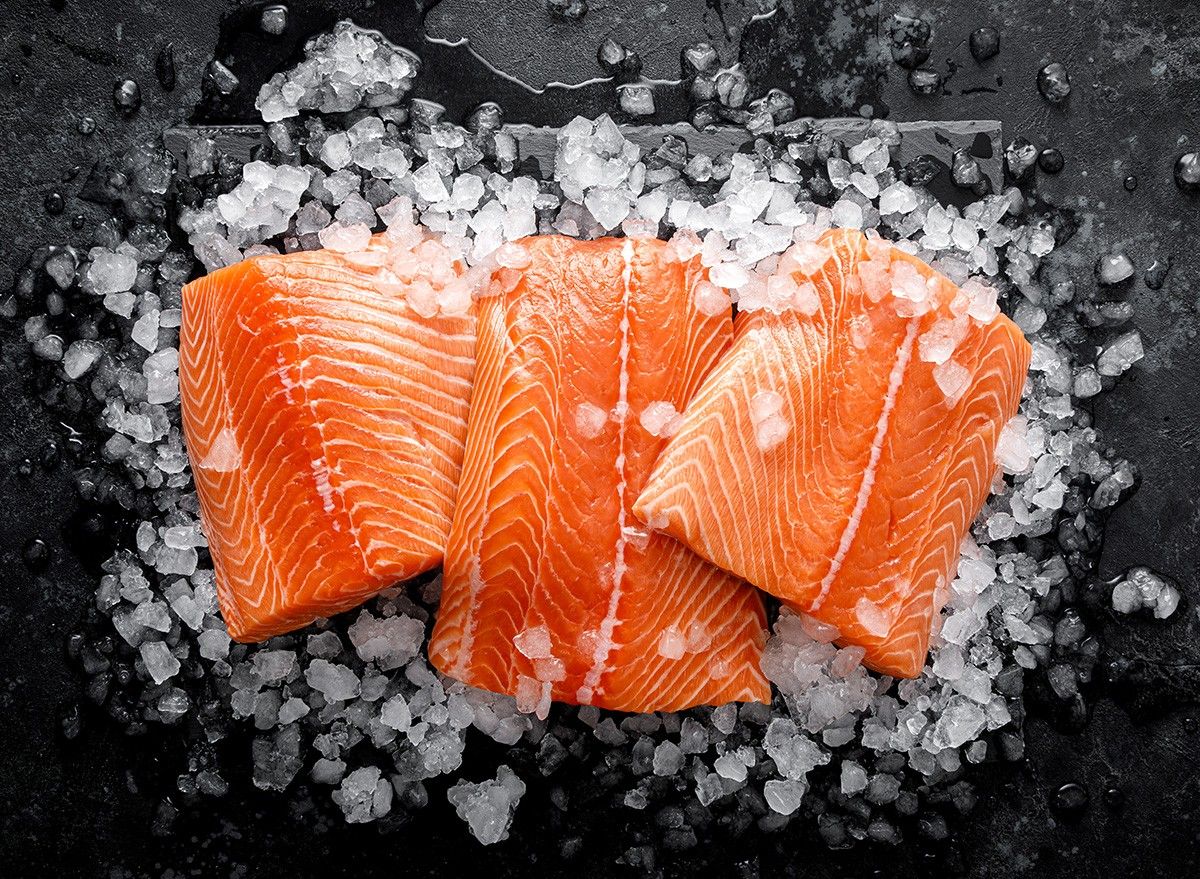
An example "breakfast" meal "is a wild-caught salmon filet (high-quality protein), white rice (starch) topped with grass-fed butter (healthy fat), with an arugula salad dressed with a mixture of MCT oil and apple cider vinegar (healthy fats and low-toxin veggies)," he says.
Take Digestive Enzymes and Betaine HCI
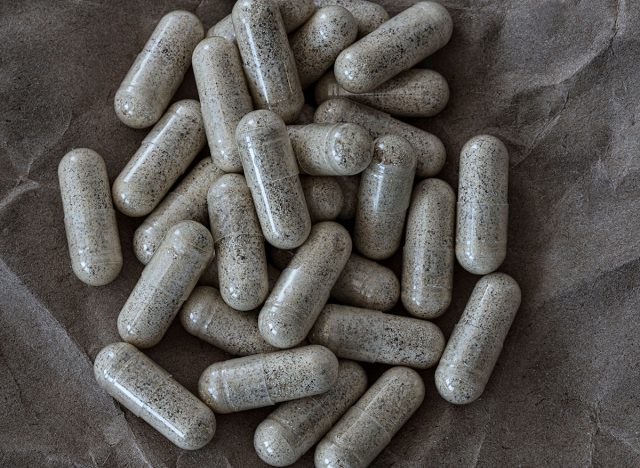
He also recommends a few supplements. "Because your digestion may take a while to kick back into full gear after a long fast, it's best to take digestive enzymes and betaine HCl with your meal to enhance absorption."
💪🔥Body Booster: Before and after a fast, try to eat low-toxin, high-nutrient food. And if you enjoyed this article, take advantage of these 20 Superfoods for People Over 50.
